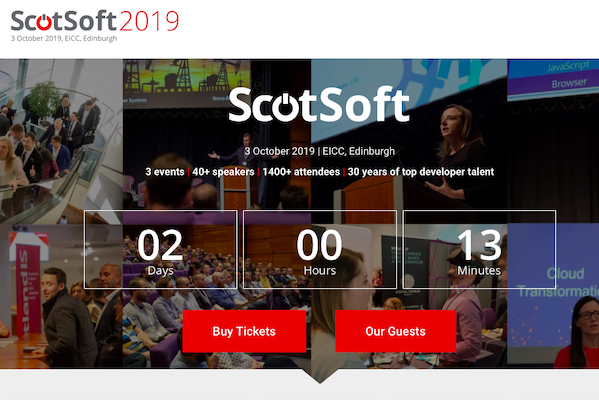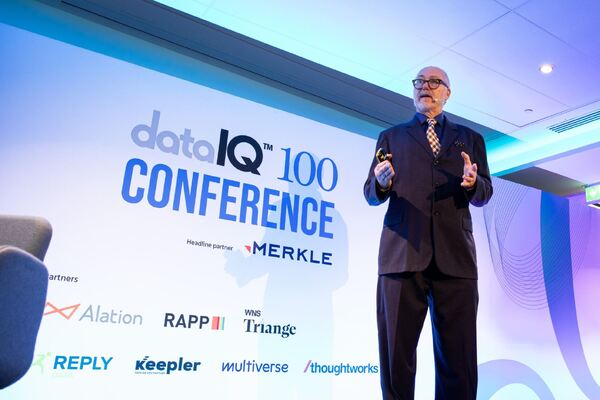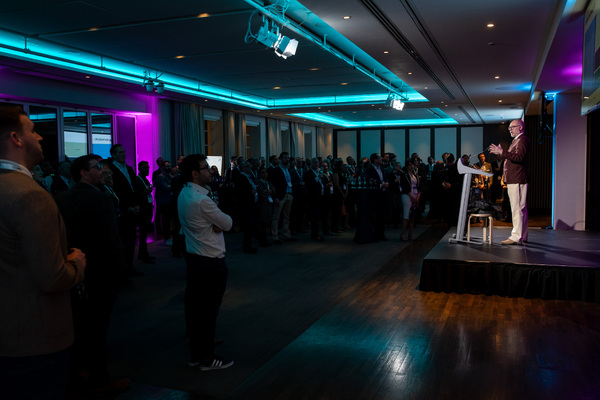Ross Tuffee: Building resilience for the tech-driven future
This week sees the annual Scottish tech event, ScotSoft, open its doors to developers, vendors and industry leaders. As they make their way to Edinburgh on 3rdOctober, DataIQ caught up with one of the keynote speakers, Ross Tuffee, about the importance of inspiring young people to take up careers in the tech sector and the regional and national initiatives that aim to drive up the capability of technology teaching in schools.

Tuffee is a tech sector entrepreneur who started his career as a management consultant with Ernst & Young and was invited to join the management team of one of its clients, First Choice (now TUI Travel). He moved to Scotland in 1997 to work for Diageo, mainly in business change and IT roles, focusing on how technology can enable change for both consumers and employees.
Ten years ago, he set up Dogfish Mobile (now Vidatec), just after Apple launched the iPhone. Dogfish Mobile was an enterprise mobile software development company focusing on the delivery of behaviour-changing solutions for businesses, organisations, customers and employees.
DataIQ (DIQ): First of all, can you give us a sense of what you will be covering in your session at ScotSoft?
Ross Tuffee (RT): I’ll be part of a panel talking about developing digital offerings when the market doesn’t yet exist…We will be looking at challenges like, how do you work out what the market needs? What do you offer and how do you approach the market? What skill sets do you need in your team to deliver solutions?
Did you find this content useful?
Thank you for your input
Thank you for your feedback
You may also be interested in
DataIQ is a trading name of IQ Data Group Limited
10 York Road, London, SE1 7ND
Phone: +44 020 3821 5665
Registered in England: 9900834
Copyright © IQ Data Group Limited 2024
 David Reed
David Reed



